Food Project Case Study
Basic info
The Coddenham Centre is a hub for local residents and those further afield, providing an accessible space for everyone to enjoy sport, leisure, learning and fun activities, and open nearly all days of the year. They have a couple of paid staff members, and many volunteers including Trustees from the community who support the running of the centre and activities – including some of the local councillors. Customers to each activity vary, but their new Community Lunches are often on a waiting list, seating roughly 50 people each time.
Food supply
Food for the lunches is usually sourced locally, from the Coddenham Community Shop, sometimes foraged in local areas by residents, or donated by the community – the focus is on community and sustainability, working to reduce any possibility of food waste wherever possible. Community lunches usually have three courses (starter, main course and dessert) and often with tea and coffee too. They are affordably priced on a pay-what-you-feel basis, with a suggested donation of £10. The money earnt from each lunch then goes straight back into the future lunches, providing a flexible and sustainable model with the emphasis on companionship, which aims to work against the stigma for some people who find the suggestion of ‘free food’, uncomfortable.
Project background
The community lunches were developed by the Centre after the success of their 2023 Winter Warmth sessions, underwritten by MSDC, where free soup, freshly made on site, ‘Cooked in Coddenham’, was offered with an opportunity to chat with local neighbours in a warm space. There was also a chance to donate food items to a local food bank. The soups were made from local ingredients and there was an emphasis placed on minimising food waste as much as possible, aligning with the Coddenham Centre’s values around sustainability. It was found that offering food for free was a limitation in some ways, meaning that a few residents were less likely to attend because they were feeling stigma around this. The Coddenham Centre sought feedback from everyone attending, building on previous door to door community/neighborhood plan research. The results indicated enthusiastic support, but with a focus on the social interaction that the events provided,
Describe the process of setting up your project.
What support did you have?
Trustee leadership, an employee with hospitality experience, enthusiastic volunteers and Locality Funding.
What resources did you need?
All of the above, plus simple ingredients, locally sourced, often vegetable based (to accommodate vegetarians), a good-sized kitchen.
What were the successes/challenges?
Disassociating the stigma of ‘free soup’, maintaining a good level of volunteers, keeping menu choices interesting, dealing with the occasional dietary challenges (I don’t like bread?). If these were challenges, they were overcome with sheer enthusiasm and popularity. We worked with our Community Shop in providing many ingredients. For example, crusts cut from their toasted sandwiches were frozen and kept for croutons, rather than thrown away.
Anything you wish you knew then that you know now? How popular it was to become and the astonishing need for social interaction even in a (comparatively) affluent part of rural Suffolk.
Describe how your project operates
(e.g. What do you offer?
What might a typical visit look like?
How do you promote to residents, or ensure people are invited who might benefit most from attending?
Any additional support services? Donations and payments)
Fresh soup, bread, tea, coffee, occasional homemade cake, one a month in winter free of charge. A three-course lunch also offered monthly in winter, for a discretionary donation, with a suggested minimum, currently £7.50 – £10. Lunches offer a pop-up bar for additional wine, beer & soft drinks. Our Christmas lunch included a glass of sparkling wine, donated by a local parish councillor. We invite all attendees whatever the event, to bring something (no matter how small or large) for the nearby foodbank. All visitors are seated and served by volunteers. Written feedback is obtained from all attendees. Trustees and volunteers engage in conversation and introductions, particularly with newcomers. ‘Soup Socials’ and Community Lunches are promoted through the Centre’s website (www.thecoddenhamcentre.co.uk) plus Coddenham’s Community website (www.coddenham-parish.uk), leaflets/posters at the Centre, community and local notice boards, including local shop, sheltered housing, Facebook, ‘X’. occasional emailing and door drops. We also draw attention that we generate our own electricity and heating. The Coddenham Centre has reduced its carbon footprint by 91% since starting five years ago.
How has your project changed and developed over time and why?
(e.g. What was the process to make changes/adapt and what support / physical things were needed to do this? What has been the impact of making changes?
MSDC’s Living Well in Winter was originally perceived as an antidote to fuel poverty. We gratefully received support from MSDC/CAS with kitchen equipment. A long outstanding promise of a commercial dishwashing machine was fulfilled through CIL finding via collaborators Coddenham Parish Council. Pacing once a fortnight is more achievable for a small community. Community Lunches have had to be limited to 50/55, given popularity. Because we try to embrace our neighbours we have also seen lunches serve as an engagement opportunity with surrounding communities, not just Coddenham. The volume of our personal catering prompted us to obtain a (five star) food hygiene rating, working with the local Food Standards Authority.
What are the successes and challenges of running your project for yourselves and customers?
See above. Initial stigma of ‘free soup’, we think the locality awards have provided an excellent return on taxpayer investment, achieving low-cost engagement and community support, through volunteer collaboration and innovation. The interest and engagement by the Mid Suffolk District Council’s Communities Officers, Grants Team, District Councilors and in the last year, Food Partnership Officers with CAS, have been invaluable.
What advice would you give to anyone thinking about setting up a similar project?
Think about your project ‘image’ and perceptions of ‘charity’. People are proud. Make the emphasis on social engagement and fun.. Social exclusion/loneliness exists everywhere, even in affluent areas, but people are naturally reluctant to admit it.
Any other information about your project It would be nice if there was a local annual awards scheme to recognize progress and achievements in this area? Suffolk Community Awards could maybe the vehicle or perhaps there could be a dedicated event?
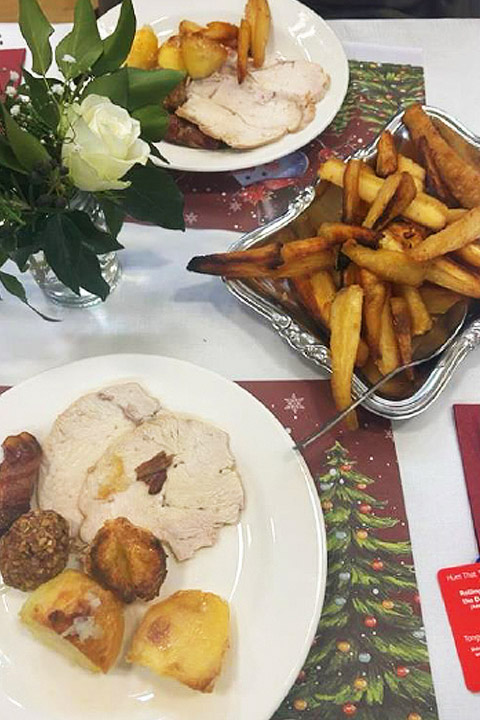
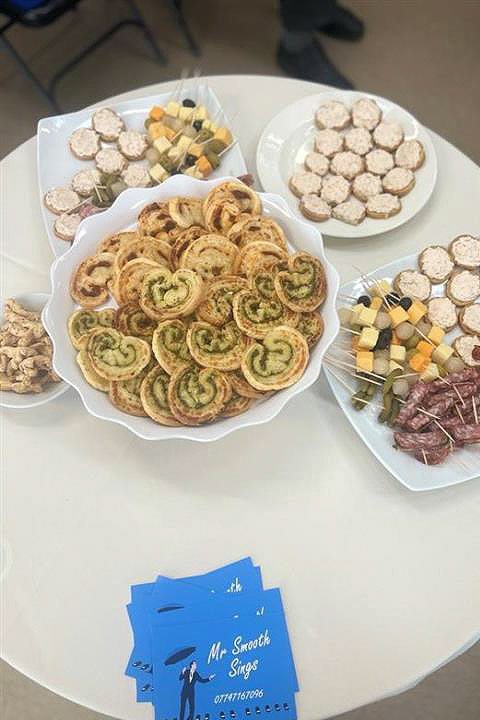
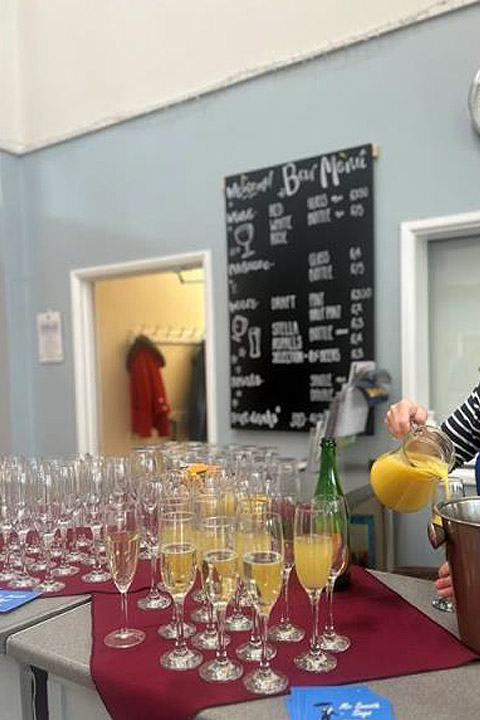
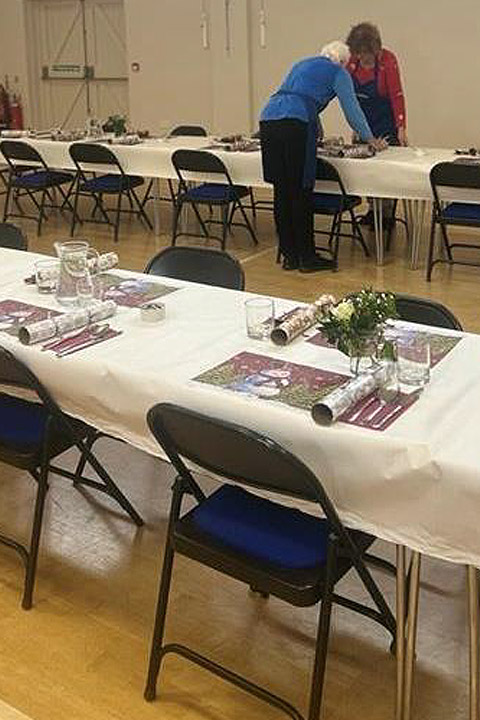
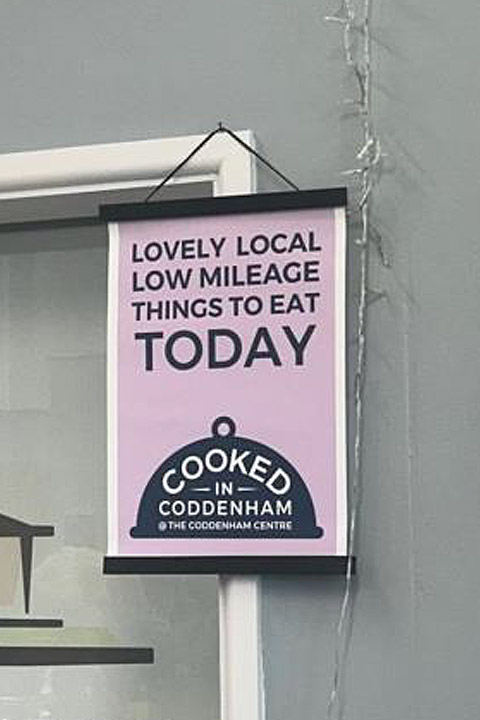
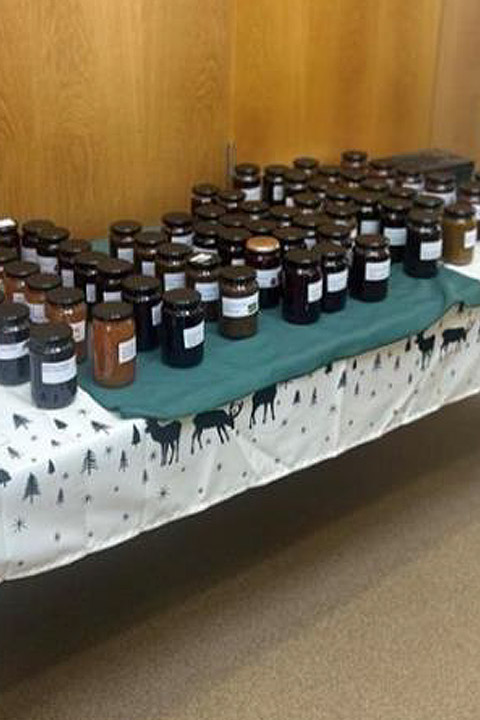

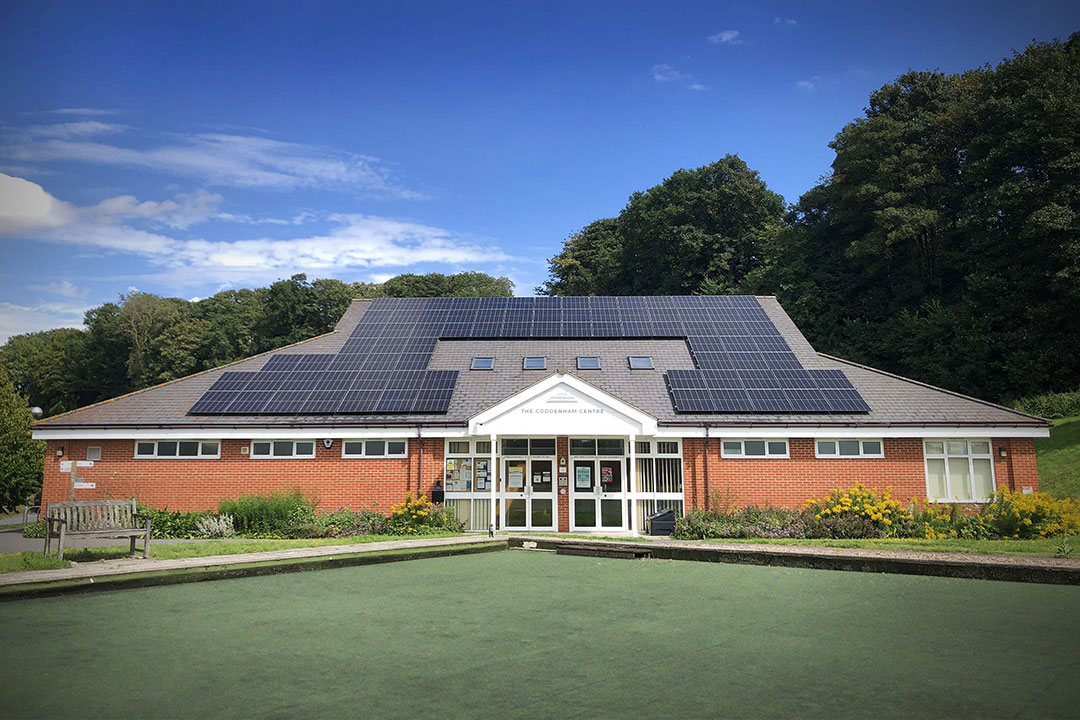

0 Comments